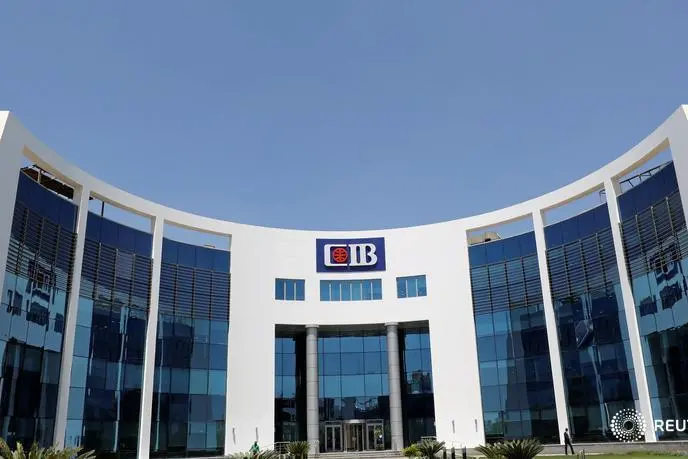PHOTO
The Commercial International Bank (CIB)– Egypt has issued the first Ecological Footprint report in Africa, aiming to support the state’s transition to a green economy.
The report is an important milestone in the CIB’s journey to make the Egyptian economy more eco-friendly and promote the role of banks and corporate entities in taking accountability for their environmental impact and addressing climate change challenges and solutions.
The report is proof of the bank’s intention to go beyond standard carbon footprint reporting and transition to integrated environmental reporting, evolving from carbon to ecological. It serves as a broad and dynamic framework for different types of impact categories.
The three key impact categories the report focuses on are land footprint (total amount of land use to provide resources), carbon footprint (total amount of greenhouse gas emissions — GHGs), and water footprint (total amount of directly and indirectly consumed water, including water pollution impact). This type of analysis and reporting is a more comprehensive approach to sustainability that involves assessing an entity’s overall impact on the environment.
“The shift from carbon footprint reporting to the more comprehensive ecological footprint reporting offers a host of benefits,” said Mohamed Sultan, the CIB’s Chief Operating Officer.
“Using a single index facilitates communication and understanding and allows easy comparison and assessment of different goods, activities, and services. It also creates a link between local and global consumption and renders sustainability and the relationship between different impacts capable of being assessed and explored. Values are now based on ecological realities instead of arbitrary weightings.”
“We hope that this report will help us transition to a more comprehensive and integrated form of environmental reporting,” said Dalia Abdel Kader, the CIB’s CSO.
“This report is the culmination of previous experiences and development in ESG data management, and it intends to assess, in the most transparent manner possible, our impact on the environment using internationally recognized standards and methodologies.”
Since 2015, CIB has consistently disclosed its ESG performance to stakeholders. Reporting has shown the significance of accurate and reliable information for making sound decisions, managing risks, and improving its impact.
In 2017, the bank conducted its first Carbon Footprint Report, which extended to all of the bank’s branches in 2018. Since then, CIB has become a signatory to multiple initiatives, such as the Net-Zero Banking Alliance and Principles for Responsible Banking, and it has disclosed performance to the CDP in line with the TCFD’s requirements.
The release of this report is the latest in CIB’s environmental sustainability efforts, which include the establishment of a sustainable finance department that is responsible for centring sustainability as a core business strategy and providing a solid platform for the integration of sustainability and environmental, social, and governance (ESG) principles across the bank’s functions; the issuance of Egypt’s first private sector green bond; and becoming a signatory of the Net Zero Banking Alliance, thus committing to net-zero emissions from its lending and investment portfolio by 2050.
© 2022 Daily News Egypt. Provided by SyndiGate Media Inc.




















